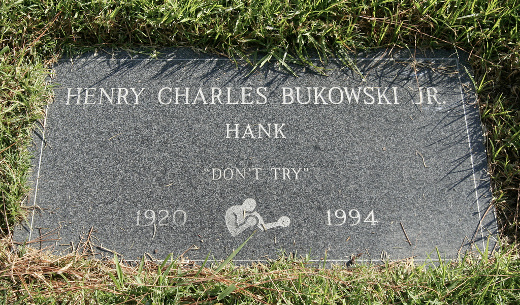I'm actually stunned by it. I'll open up a document, begin typing, and then stop. I rarely return to it. It's odd because I like writing a lot. I'm the obnoxious person who goes into detail when writing an explanation, even in facebook chats.
Yet when it comes to fiction, I can't do it. I used to write stuff before 2013-14 but now it's difficult. I have the time though. Back when I used to write for fun, I would write during class or in-between calls when I did phone tech support.
Now I can't. I can barely get a few pages out. Sometimes I can't even get the first paragraph down. Sometimes I'll save work, too. Those folders have a ton of incomplete documents.
Of course, I could return to them, but I have no desire to do so.
Has anyone else felt like this? I know some attribute it to fearing your work's quality. I used to think that was my issue, but I'm questioning it since I'm a software engineer and I have no problem writing some rough code to start off something, and then returning to refactor it into something better.
And on top of that, I hold a lot of jealously toward people who can write whatever. I dislike going into writing prompt threads because I get irritated at my own shortcomings yet people can seem to pour out enough words to complete fiction.
Once in a blue moon, I'll complete a personal essay, but that's not fiction.
Weird, huh?
Yet when it comes to fiction, I can't do it. I used to write stuff before 2013-14 but now it's difficult. I have the time though. Back when I used to write for fun, I would write during class or in-between calls when I did phone tech support.
Now I can't. I can barely get a few pages out. Sometimes I can't even get the first paragraph down. Sometimes I'll save work, too. Those folders have a ton of incomplete documents.
Of course, I could return to them, but I have no desire to do so.
Has anyone else felt like this? I know some attribute it to fearing your work's quality. I used to think that was my issue, but I'm questioning it since I'm a software engineer and I have no problem writing some rough code to start off something, and then returning to refactor it into something better.
And on top of that, I hold a lot of jealously toward people who can write whatever. I dislike going into writing prompt threads because I get irritated at my own shortcomings yet people can seem to pour out enough words to complete fiction.
Once in a blue moon, I'll complete a personal essay, but that's not fiction.
Weird, huh?


